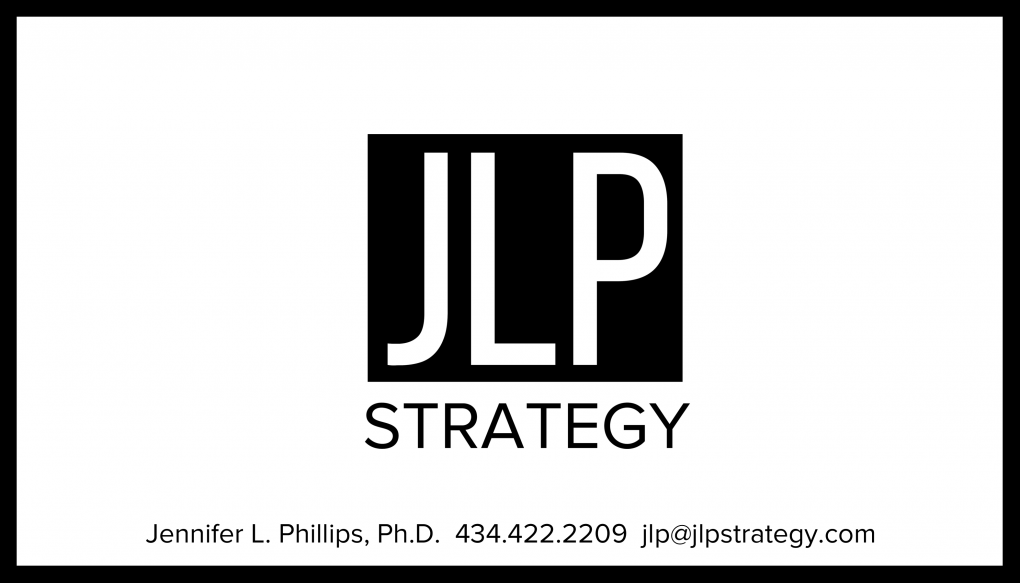


I recently came across an
interesting hypothesis in Forbes magazine: SMART goals “act as impediments to, not enablers of, bold action, and actually encourage mediocre and poor performance.” Author Mark Murphy takes the position that we should aim higher than “achievable” and “realistic.” To make his point, he looks at two modern innovators, Jeff Bezos and Steve Jobs, both of whom pushed for impact with ambition and determination.
“We’re here to put a dent in the universe.” – Steve Jobs
I agree with Murphy, at least in part. The world needs big thinkers: entrepreneurs who will innovate mechanisms for sustainable food distribution; activists who will dismantle unjust structures; school administrators who will find a way beyond the testing morass; artists whose creativity will broaden our perspectives. As he correctly points out, SMART goals undermine ambitious impact when they limit us to the “achievable” and “realistic.”
What’s more, I propose that the other SMART attributes—“specific,” “measurable,” and “timely”—can be equally limiting. The grandest ambitions (e.g. to make a dent in the universe) are anything but specific, at least at first. Because of that and because they may not be empirical, they will be difficult to measure. Finally, we must face the reality that we might not complete the work alone, or even in our lifetimes.
“I may not get there with you.” – Martin Luther King, Jr.
Consider Martin Luther King, Jr.’s
“I’ve Been to the Mountaintop.” The speech was delivered in Memphis, Tennessee on April 3, 1968, less than 24 hours before his assassination. It conveys both the beautiful promise and the daunting scope of his vision. He declares:
I’ve looked over (Yes sir), and I’ve seen the Promised Land. (Go ahead) I may not get there with you. (Go ahead) But I want you to know tonight (Yes), that we, as a people, will get to the Promised Land. [Applause] (Go ahead, Go ahead) And so I’m happy tonight; I’m not worried about anything; I’m not fearing any man. Mine eyes have seen the glory of the coming of the Lord. [Applause]
Behold: One person’s ambition, bigger than himself.
On the one hand, this example confirms Murphy’s point. On the other hand, King’s work included both visionary statements and very hard work. He collaborated with organizations, politicians, experienced activists, and ordinary citizens to bring about real change on the ground…one campaign, one lawsuit, one march, one meeting, one boycott at a time. The work was imperfect, incomplete, incremental, and inspired. The goals of the American civil rights movement were indeed visionary, but they were also—in their increments—specific, measurable, achievable, realistic and timely.
There is hope for the SMART concept yet.
SMART goals can be a crutch for small thinking, but they aren’t the root problem.
The real problem is with SMART goals existing out of visionary context. When they stand alone, SMART goals deserve all the criticism that Murphy heaps on them. As he describes, the problematic isolation of SMART goals often happens explicitly, through, for example, lackluster strategy or performance reviews that focus only on the near-term.
However, it also occurs implicitly—and more perniciously—via organizational culture. In these cases, isolated SMART goals are a symptom of larger, cultural weaknesses that permeate the organization, affecting every position and business function. When an organization’s culture cannot tolerate change or when it prizes short-term over long-term outcomes, it undermines employees’ potential for vision, creativity, and impact.
By contrast, organizations with healthy impact cultures tie their work to mission at every turn. Accountability to the organization’s impact drives performance review and goal-setting processes, rather than following them or existing tangentially. Leaders both model and manage genuine support for strategic risks, creative problem-solving, and purposeful change. And employees, from the corner office to the smallest cubicle, embrace the freedom to think big. The SMART goals they set reflect this.
SMART goals are truly smart when they connect to impact goals.
When I was working on my doctoral dissertation, someone offered this wisdom: “It’s like eating an elephant. You do it one bite at a time.” It was brilliant advice, and I leaned on it throughout the process. I needed to think in increments because the full scope of the project was so unwieldy. Likewise, SMART goals are a tool for incremental progress—one bite at a time.
I suggest editing the “R” in SMART from realistic to relevant. When connected to a larger mission, SMART goals shine. They are extraordinarily useful for incremental progress on big ambitions. Instead of limiting potential, they connect bold ideas and beautiful aspirations to real-time actions. They enable positive impact by making it concrete: specific, measurable, achievable, relevant, and timely.
Whether you are moving towards a career ambition, your dent in the universe, or a nascent vision for a better world, keep your eyes on both the next bend in the road and your true north. You will only move in the right direction when both are in focus.










